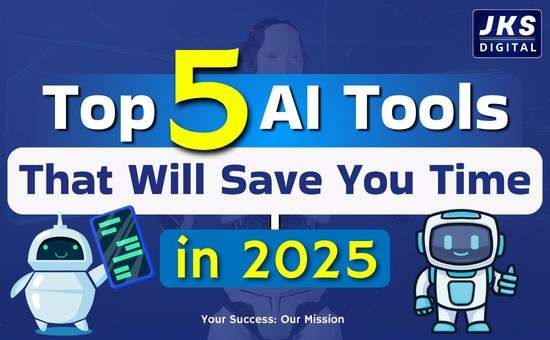
What Is Artificial Intelligence? A Beginner’s Guide
- 0
Artificial intelligence, or AI, is a powerful technology that is changing the way we live and work. In its simplest form, AI is the ability of a computer or machine to think, learn, and solve problems like a human. It encompasses a wide range of disciplines, from machine learning and natural language processing to robotics and neural networks.
Types of Artificial Intelligence
There are two main types of AI: narrow AI and general AI. Narrow AI, also known as weak AI, is designed for a specific task, such as facial recognition or language translation. General AI, on the other hand, is a hypothetical intelligence that can understand, learn, and apply knowledge across a wide range of tasks.
Applications of Artificial Intelligence
AI is already being used in a wide range of industries, from healthcare and finance to transportation and entertainment. Some common applications of AI include virtual assistants like Siri and Alexa, autonomous vehicles, predictive analytics in business, and chatbots for customer service.
How Artificial Intelligence Works
At its core, AI relies on algorithms and data to make decisions. Machine learning, a subset of AI, allows machines to learn from data and improve their performance over time. This is done through the use of neural networks, which are inspired by the way the human brain processes information.
The Benefits of Artificial Intelligence
AI has the potential to revolutionize how we live and work. It can automate repetitive tasks, improve decision-making, and help us solve complex problems more efficiently. AI can also help us discover new insights from data, predict outcomes with greater accuracy, and even assist in medical diagnoses.
The Challenges of Artificial Intelligence
Despite its many benefits, AI also presents a number of challenges. One of the biggest concerns is the ethical implications of AI, such as bias in algorithms and the potential for machines to make decisions that harm humans. There are also concerns about the impact of AI on jobs, as automation could lead to widespread unemployment in certain industries.
The Future of Artificial Intelligence
As AI continues to evolve, we can expect to see even more advanced applications in the years to come. This includes the development of general AI, which could have a profound impact on society. Researchers are also exploring new ways to make AI more explainable and transparent, so that we can trust the decisions made by intelligent machines.
Conclusion
Artificial intelligence is a complex and powerful technology that is transforming the world around us. While there are still many challenges to overcome, the potential benefits of AI are undeniable. As we continue to explore the possibilities of this technology, it is important to consider the ethical implications and ensure that AI is used in a responsible and beneficial way.

